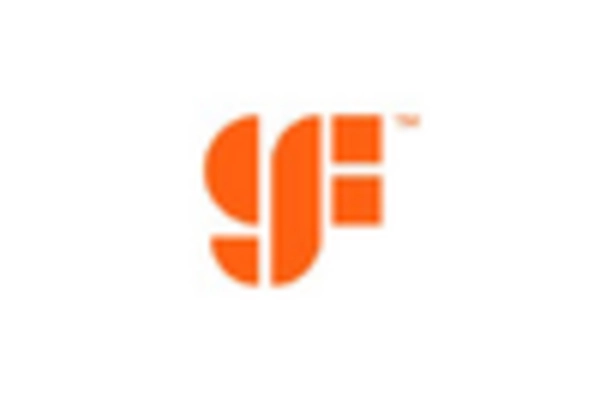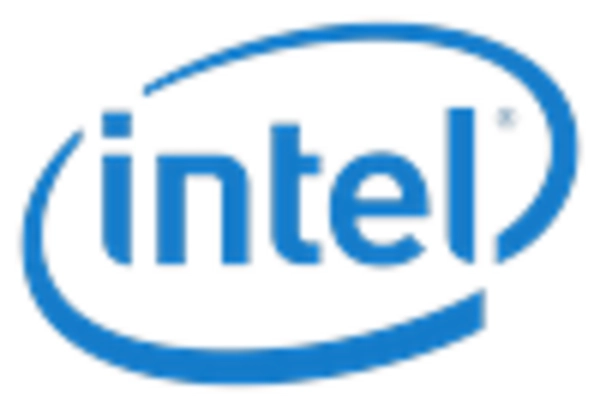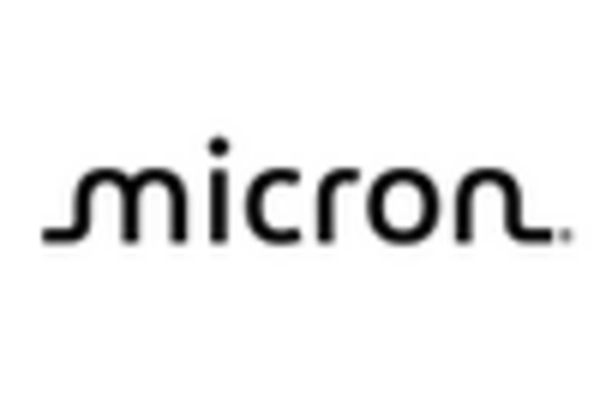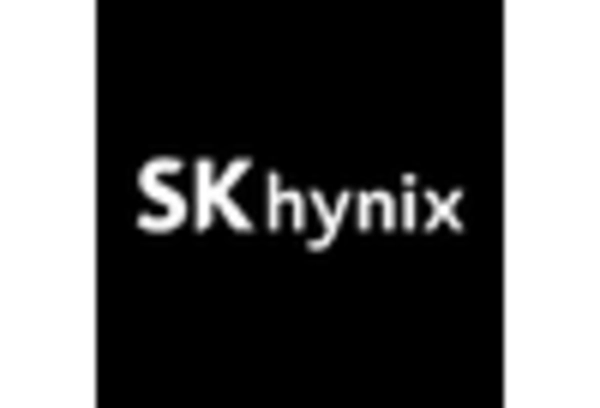Leading market players are investing heavily in research and development in order to expand their product lines, which will help the Semiconductor Fabrication Materials Market, grow even more. Market participants are also undertaking a variety of strategic activities to expand their global footprint, with important market developments including new product launches, contractual agreements, mergers and acquisitions, higher investments, and collaboration with other organizations. To expand and survive in a more competitive and rising market climate, Semiconductor Fabrication Materials industry must offer cost-effective items.
Manufacturing locally to minimize operational costs is one of the key business tactics used by manufacturers in the global Semiconductor Fabrication Materials industry to benefit clients and increase the market sector. In recent years, the Semiconductor Fabrication Materials industry has offered some of the most significant advantages to medicine. Major players in the Semiconductor Fabrication Materials Market, including BASF SE, Kanto Chemical Co., Inc., Praxair, Inc., Dow Chemical Company, Air Products and Chemicals Inc., Air Liquide SA, Taiyo Nippon Sanso, Alent Plc, JSR Corporation, and Linde AG, are attempting to increase market demand by investing in research and development Applications.
An organisation called Indium Software runs a business that offers digital engineering services. In order to assist clients in implementing technology that generates quantifiable business value, the company offers to give extensive knowledge in application engineering, cloud engineering, data and analytics, DevOps, digital assurance, and gaming. Indium Corporation, a global materials supplier to American electronics assembly and semiconductor packaging firms, completed its newest 37,500-square-foot manufacturing facility in Penang, Malaysia, in November 2022. The new plant has started producing goods and will boost output to better serve the company's customers in Malaysia and the surrounding region, particularly Thailand and Vietnam.
Chemicals are produced by LG Chem Ltd., a division of LG Corp. Petrochemicals, IT and electrical materials, and energy solutions are all produced and sold by the corporation. Polyvinyl chloride (PVC), ethylene, propylene, butadiene, benzene, polarizers, glass substrates, semiconductor materials, and RO membranes are just a few of the products it offers. Additionally, it sells anti-diabetic medications, growth hormone, vaccines, and battery materials. It also produces and distributes display and battery materials for LCD photoresist, OLED materials, and other displays. In Daesan, Yeosu, Ochang, Cheongju, Ulsan, Naju, Iksan, Paju, and Gimcheon, it owns and runs manufacturing plants.
The business operates, among other places, in China, India, Germany, the US, Vietnam, Brazil, Taiwan, Hong Kong, and Poland. Seoul, South Korea, serves as the company's main office. L.G. Chem started creating photoresist (P.R. ), a material used in semiconductor back-end processes, in May 2022 with the goal of making it available to all semiconductor enterprises globally.














